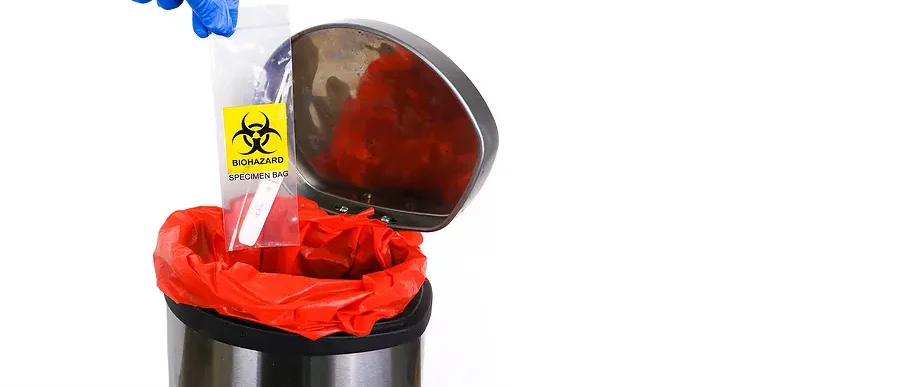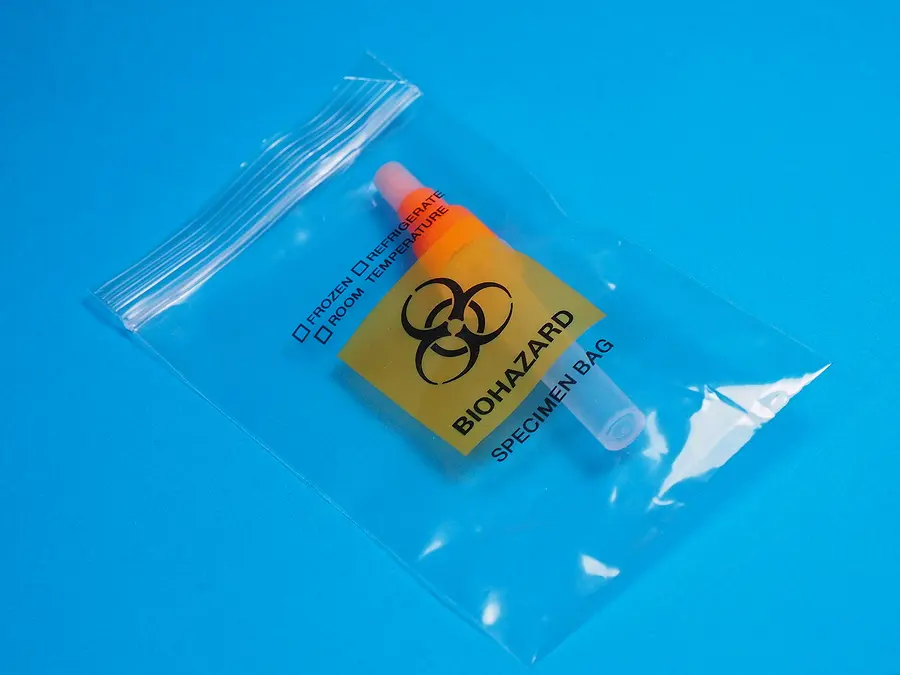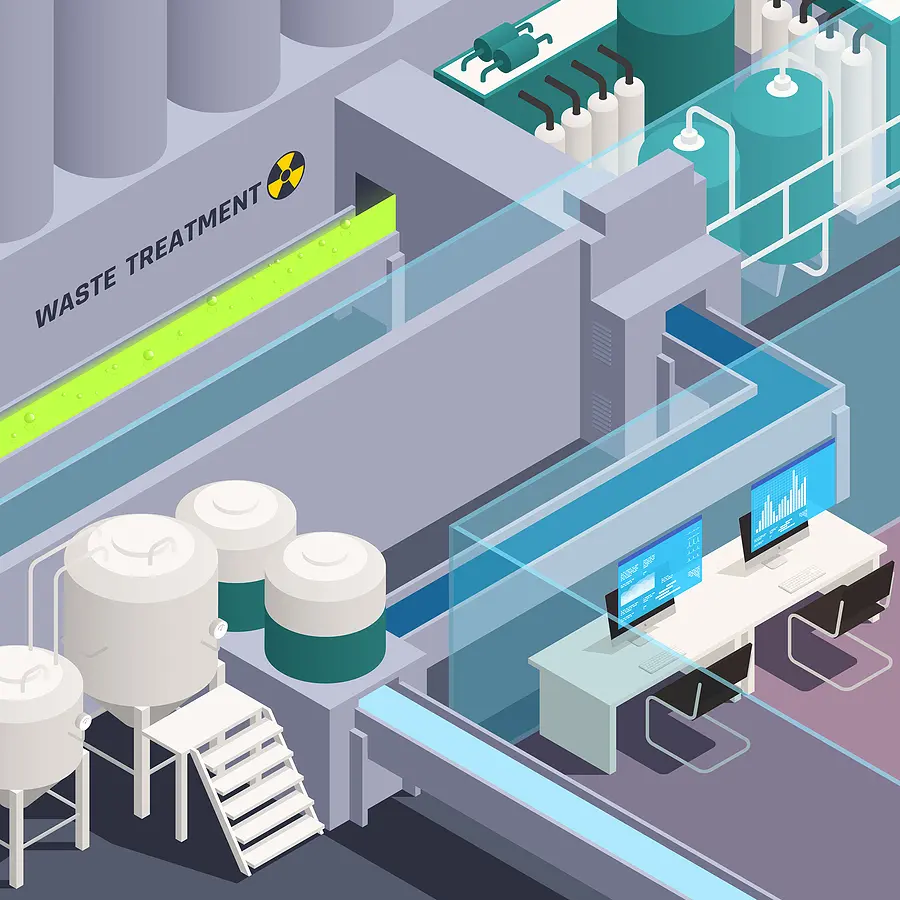What Happens to Biohazard Waste?

In today’s world, we are surrounded by incredible advancements in healthcare, research, and technology that have improved our quality of life. However, these achievements come with a hidden cost – the generation of biohazardous waste. What happens to biohazard waste?
Biohazard waste is a category of waste that includes materials contaminated with potentially infectious agents or hazardous substances. Therefore, proper disposal of biohazard waste is crucial to protect public health and the environment. In this blog, we will take you on a journey to explore what happens to biohazardous waste and why its proper disposal is vital.
Understanding Biohazard Waste

Biohazard waste, often referred to as biomedical waste, can take many forms. Examples of biohazard waste include:
- Blood and bodily fluids
- Pathological waste (tissue, organs, etc.)
- Sharps (needles, syringes, scalpels, etc.)
- Culture media and plates
- Animal waste
- Medical supplies contaminated with infectious materials
Hospitals, clinics, research laboratories, and even long-term and hospice care all generate this type of waste. In addition, crime scenes and industrial accidents also produce this type of waste. There are 4 biosafety levels to classify each of these items by. The level is determined by infectivity, transmissibility, and the type of task performed. Similarly, the source and route of exposure are also important.
What Happens to Biohazard Waste
Upon arrival at a treatment facility, biohazard waste undergoes a series of processes to render it safe for disposal. As a result, the exact treatment methods may vary depending on the type of waste and local regulations. Common treatment methods include:

- Incineration: Incineration is a high-temperature process that can effectively destroy infectious agents and reduce waste volume. It is best for pathological waste and certain other biohazard materials. However, it is important to ensure your service provider is using safe incineration practices.
- Autoclaving: Autoclaving involves subjecting biohazard waste to high-pressure steam, effectively sterilizing it. This method is best for items like contaminated lab equipment and medical instruments.
- Chemical Treatment: Some biohazard waste may be treated with chemicals to neutralize pathogens and render the waste safe for disposal.
Next, the now non-infectious biohazard waste is ready for final disposal. Depending on local regulations and available options, disposal may take several forms:
- Landfill Disposal: Occasionally, treated biohazard waste may be disposed of in landfills designated for hazardous waste. This requires careful consideration of environmental safeguards.
- Sewer Disposal: In certain situations, liquid biohazard waste that has been properly treated may be discharged into the sewer system, following strict guidelines and permits.
- Recycling: Some biohazard waste, such as certain types of plastics and containers, is recyclable after treatment and decontamination.
The Importance of Proper Biohazard Waste Disposal
Now that we’ve traced the journey of biohazard waste from collection to disposal, it’s essential to understand why proper disposal is crucial:
- Protecting Public Health: Biohazard waste often contains infectious agents that can pose a serious risk to human health. Proper disposal prevents the spread of diseases and infections.
- Environmental Protection: Mishandled biohazard waste can contaminate soil and water, harming the environment and wildlife. Adequate disposal methods help mitigate these risks.
- Legal Compliance: Healthcare facilities and research laboratories are subject to strict regulations governing biohazard waste disposal. Compliance ensures legal accountability and prevents fines or penalties.
- Occupational Safety: Healthcare workers and waste management personnel face potential exposure to biohazard waste. Proper disposal minimizes these risks, protecting those involved in handling the waste.
Take Action for Safe Biohazard Disposal
By understanding and actively participating in responsible biohazard waste disposal practices, we can collectively contribute to a safer, healthier, and more sustainable future for our communities and the planet.
Give Medical Waste Pros a call at (888) 755-6370, fill out our form, or use the live chat to dispose of your biohazard waste safely. Our network of secure service providers only uses environmentally friendly disposal practices. They are happy to answer any questions you may have to ensure you are keeping safe and compliant.










